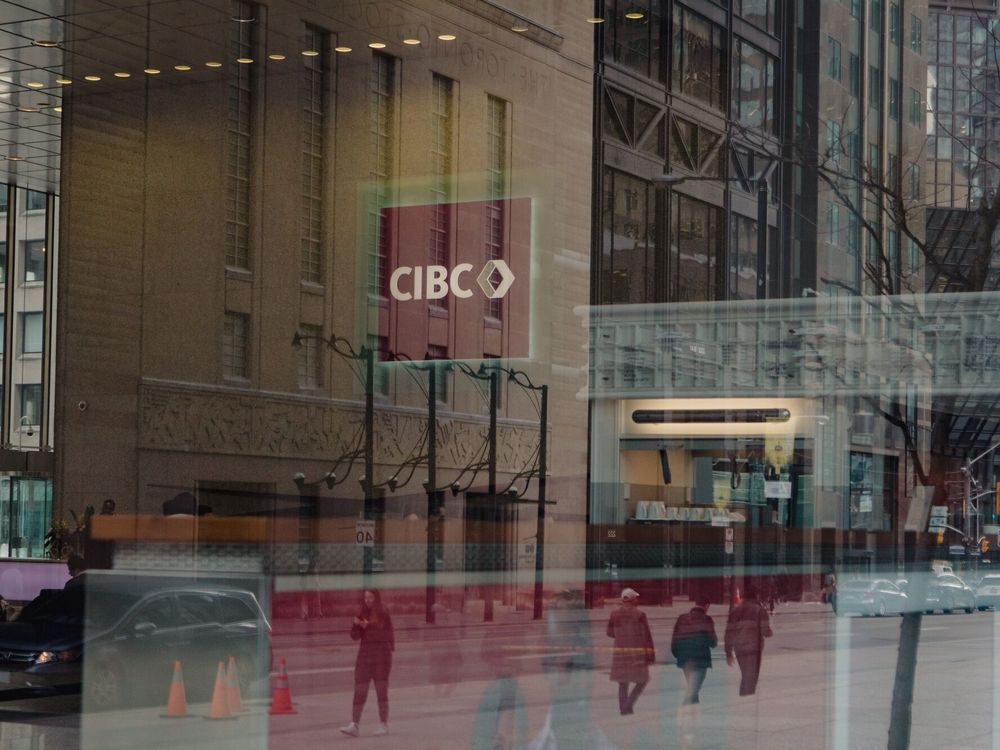Northern Light
Superstar
@Steve Munro is out with a piece on TTC on-time performance, which can be found here:

 stevemunro.ca
stevemunro.ca
Its an excellent piece and fits with a report from TTC Riders (the advocacy group), which is similar, but different, looking at Metrics vs Actual Performance

This piece is also excellent, its got lots of charts that very digestible; but its also got useful comparisons to other transit systems showing how they measure performance differently.
There's so much here that I can't really bring it all forward.......but this item is one I wanted to highlight:

I also want to bring some of those data comparisons, showing how other transit authorities report on OTP:


I note that Boston employs a measure of Zero early, 3M late for its on-time window for any service with a 15M or better frequency.
This compared to TTC's recent history of +1 early to -5 late as being on-time, with the one minute early now being rescinded.
*****
Suffice to say, some great reading for transit nerds and just interested riders!

Delving Into TTC “On Time” Performance
The TTC produces a monthly summary of On Time Performance for its bus and streetcar networks. To call it superficial would be generous, but there are pretty charts. First and most obvious among the…
Its an excellent piece and fits with a report from TTC Riders (the advocacy group), which is similar, but different, looking at Metrics vs Actual Performance

Lucky or late: A report on TTC metrics vs. rider experience
www.ttcriders.ca
This piece is also excellent, its got lots of charts that very digestible; but its also got useful comparisons to other transit systems showing how they measure performance differently.
There's so much here that I can't really bring it all forward.......but this item is one I wanted to highlight:
I also want to bring some of those data comparisons, showing how other transit authorities report on OTP:
I note that Boston employs a measure of Zero early, 3M late for its on-time window for any service with a 15M or better frequency.
This compared to TTC's recent history of +1 early to -5 late as being on-time, with the one minute early now being rescinded.
*****
Suffice to say, some great reading for transit nerds and just interested riders!
Last edited:





